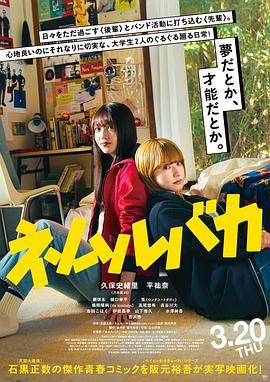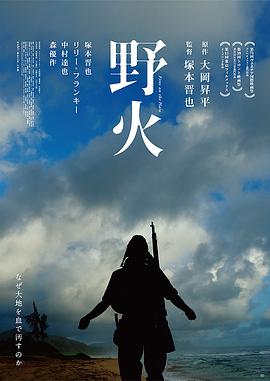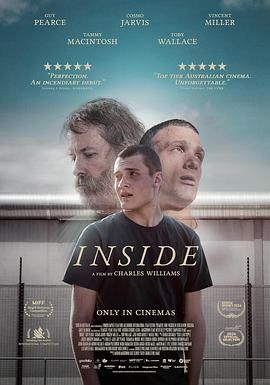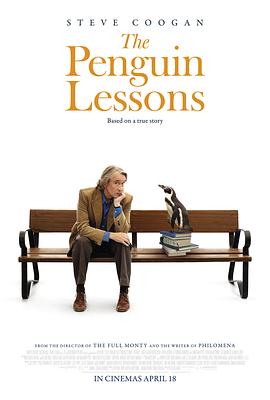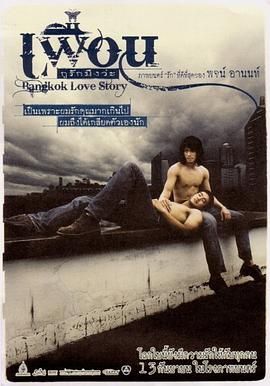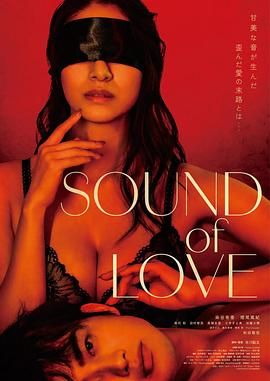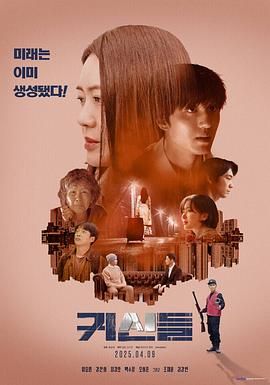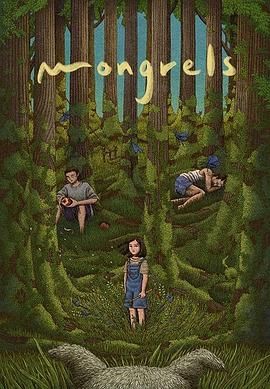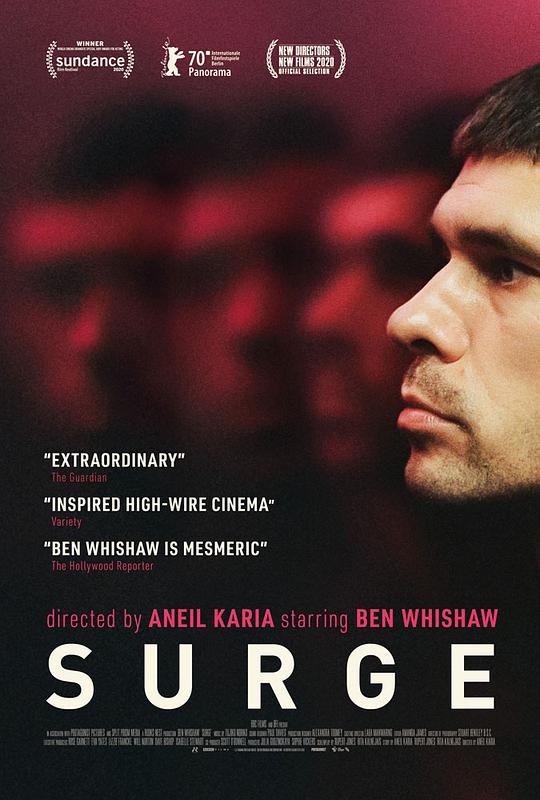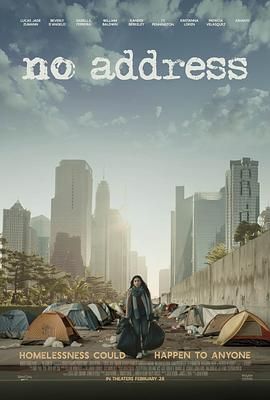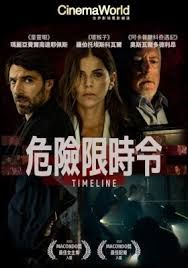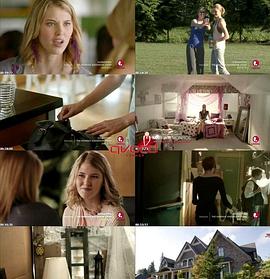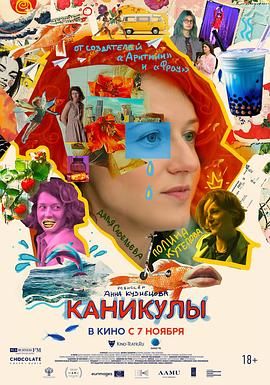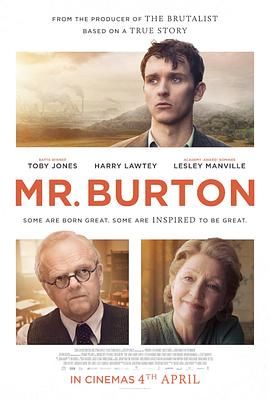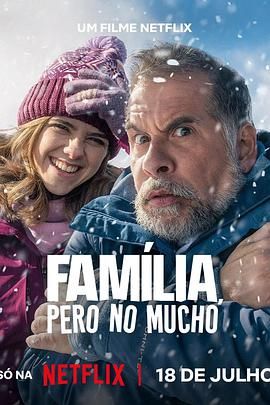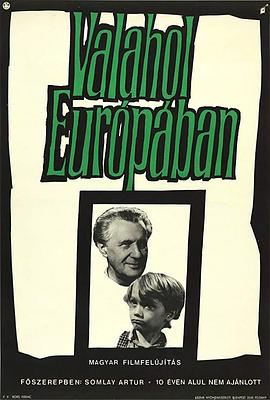
上映:
1948-11-19
更新:
2024-06-23 11:57:51,最后更新于
1年前
备注:
HD中字
TAG:
剧情:
Somewhere in the remote region, the war ends. In the midst of ruined cities and houses in the streets, in rural hamlets, everywhere where people still live, are children who have lost their homes and parents. Abandoned, hungry, and in rags, defenseless and humiliated, they wander through the world. Hunger drives them. Little streams of orphans merge into a river which rushes forward and submerges everything in its path. The children do not know any feeling; they know only the world of their enemies. They fight, steal, struggle for a mouthful of food, and violence is merely a means to get it. A gang led by Cahoun finds a refuge in an abandoned castle and encounters an old composer who has voluntarily retired into solitude from a world of hatred, treason, and crime. How can they find a common ground, how can they become mutual friends The castle becomes their hiding place but possibly it will also be their first home which they may organize and must defend. But even for this, the price will be very high. To this simple story, the journalist, writer, poet, scriptwriter, movie director, and film theoretician Béla Balázs applied many years of experience. He and the director Géza Radványi created a work which opened a new postwar chapter in Hungarian film. Surprisingly, this film has not lost any of its impact over the years, especially on a profound philosophical level. That is to say, it is not merely a movie about war; it is not important in what location and in what period of time it takes place. It is a story outside of time about the joyless fate of children who pay dearly for the cruel war games of adults. At the time it was premiered, the movie was enthusiastically received by the critics. The main roles were taken by streetwise boys of a children's group who created their roles improvisationally in close contact with a few professional actors, and in the children's acting their own fresh experience of war's turmoil appears to be reflected. At the same time, their performance fits admirably into the mosaic of a very complex movie language. Balázs's influence revealed itself, above all, in the introductory sequences an air raid on an amusement park, seen in a montage of dramatic situations evoking the last spasms of war, where, undoubtedly, we discern the influence of classical Soviet cinematography. Shooting, the boy's escape, the locomotive's wheels, the shadows of soldiers with submachine guns, the sound of a whistle—the images are linked together in abrupt sequences in which varying shots and expressive sharp sounds are emphasized. A perfectly planned screenplay avoided all elements of sentimentality, time-worn stereotypes of wronged children, romanticism and cheap simplification. The authors succeeded in bridging the perilous dramatic abyss of the metamorphosis of a children's community. Their telling of the story (the scene of pillaging, the assault on the castle, etc) independently introduced some neorealist elements which, at that time, were being propagated in Italy by De Sica, Rossellini, and other film artists. The rebukes of contemporary critics, who called attention to formalism for its own sake have been forgotten. The masterly art of cameraman Barnabás Hegyi gives vitality to the poetic images. His angle shots of the children, his composition of scenes in the castle interior, are a living document of the times, and underline the atmosphere and the characters of the protagonists. The success of the picture was also enhanced by the musical art of composer Dénes Buday who, in tense situations, inserted the theme of the Marseilaise into the movie's structure, as a motive of community unification, as an expression of friendship and the possibility of understanding. Valahol Europaban is the first significant postwar Hungarian film. It originated in a relaxed atmosphere, replete with joy and euphoria, and it includes these elements in order to demonstrate the strength of humanism, tolerance, and friendship. It represents a general condemnation of war anywhere in the world, in any form.
收起
相关影片
2025
剧情片
日本
正片
2014
剧情片
日本
HD中字
2024
剧情片
澳大利亚
柯斯莫·贾维斯 盖·皮尔斯 托比·华莱士 塔米·麦金托什 Sean Millis Chloe Hayden 斯蒂夫·莫察基斯 Michael Logo Vincent Miller Nikki Shiels 弗莱彻·汉弗莱斯 莉亚·范登堡 David Margetts Georgia Chara Elle Mandalis Lucy Moir 卢克·艾略特 Audrey O'Sullivan Mandela Mathia 威廉·弗里曼
The story sees after a young man transferred from juvenile to adult prison, where he is taken under
正片
2025
剧情片
美国
2010年,Lifetime Channel委托制作了一部真人秀电视剧,讲述一家由“足球妈妈”组成的私人调查机构的故事。每个人都坚信自己即将大展宏图,直到制作团队开始察觉到一些不对劲。这些“足球妈妈”
正片
2024
剧情片
其它
第1集
2007
剧情片
泰国
全集完结
2024
剧情片
日本
正片
2025
剧情片
韩国
正片
2024
剧情片
加拿大
正片
2020
剧情片
欧美
已完结
2025
剧情片
美国
正片
2023
剧情片
哥伦比亚
正片
2015
剧情片
加拿大
HD中字
2023
剧情片
俄罗斯 / 芬兰
达里亚·萨维列娃 鲍丽娜·库捷波娃 伊琳娜·诺索娃 Magoga Machulskaya Marfa Ivanova Egor Leontev 安德烈·佩尔米亚科夫 Serafima Frolova Kira Satunkina Ekaterina Tkachuk Polina Khodzhevanova Angelina Bokova Mikhail Bychkov Maksim Vorozhnin Mariya Minenkova Aleksey Fokin 拉丽萨·马基娜
A young theater teacher takes his students to a children’s theater festival in Sochi. This story cou
正片
2025
剧情片
英国
正片

